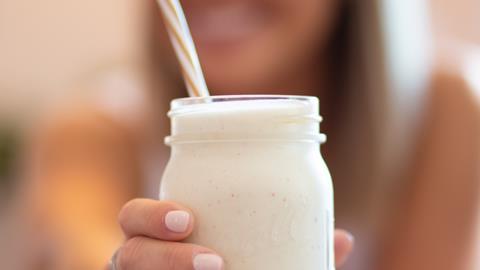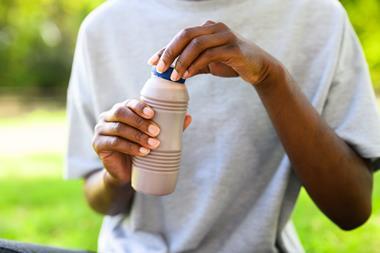The government was expected to announce the appointment of the industry-run admin body (DMO) for its long-awaited deposit return scheme this week.
It has been delayed until next week, supposedly because of the local elections.
But it could just as easily be to avoid the huge embarrassment of landing the drinks industry with the task of spending hundreds of millions of pounds a year to pick the mishandled DRS project out of the ruins and try to make it work, in the same week as hitting them with hundreds of millions in new taxes.
The back-of-a-fag-packet estimate laughably included in the joint Treasury/DHSC document strengthening the sugar tax that was announced this week suggested the decision to lower the threshold for drinks liable to pay the tax from 5g of sugar per 100ml to 4g would “not have any significant macroeconomic impacts”.
It is, undoubtedly, a seismic kick in the teeth for a sector that arguably has done more than any other to remove sugar from the national diet.
The government says “only 18%” of the soft drinks market will be affected, ”accounting for only 866 products”.
It would be interesting to know what drink the Treasury official who came up with the definition of “only” had been slurping – it certainly wasn’t a soft one.
Sugar tax reality
The reality is that lowering the sugar tax threshold means that dozens of companies who already spent fortunes reformulating their products in preparation for the arrival of the initial tax in back 2018 have to either do it all over again, or take the hit from the taxman.
It’s not just the financial effect of the reformulation investment they will have to think of either, but the job of revisiting hundreds of hours of consumer and scientific research on what tinkering with their products will mean for their taste profiles. They’ll have to decide whether it will be more cost-effective to return to the lab, or to take the hit and put up their prices.
While fizzy drinks giants aren’t the sort of companies that elicit a lot of sympathy from the public, the way this tax grab has been handled shows a dire lack of joined-up thinking from the government, just as it embarked on its “coalition” approach to the National Food Strategy.
If the government wanted to look at extending sugar taxes, why didn’t it look at this as part of the strategy? Or even take the opportunity to consider other potential areas of the food industry, who some would say have done far less to reformulate products?
It smacks of wanting to be seen to be doing something about the obesity crisis without actually having a proper strategy.
And for what gain? The same government estimates suggests at best the extension of the sugar tax will reduce calorie intake by less than 1kcal per day.
Meanwhile, the sugar reduction strategy, which (along with the SDIL) was another overspill from the previous government, has spectacularly failed to tackle the issue across other sectors in the industry.
The question now is whether this extension of the tax is just an opportunistic bid by the Department of Health to show that it is doing something about obesity, with a side benefit for the Treasury that pockets the extra cash as a result, or whether it will form part of a bigger agenda.
CMO Chris Whitty recently called for the sugar tax to be widened to other categories. As one of the new Food Strategy Advisory Board members, presumably he will now be arguing for that approach alongside his “coalition” comrades. It could make for a very short-lived collaboration.




















No comments yet